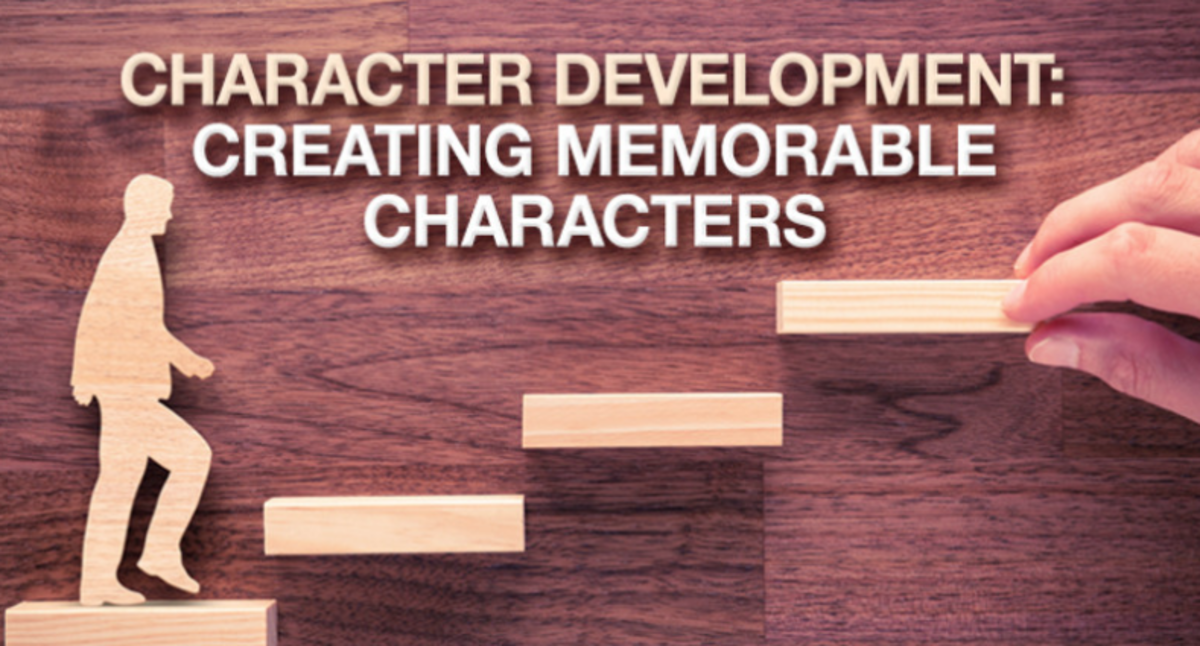Character development is the process of creating and evolving characters in a story. Well-developed characters can make a story more engaging, relatable, and memorable.
Key Elements of Character Development
- Backstory: The character’s history, experiences, and motivations.
- Personality: The character’s unique traits, qualities, and quirks.
- Goals: The character’s aspirations and desires.
- Growth: The character’s evolution and development throughout the story.
- Relationships: The character’s interactions with other characters.
Techniques for Character Development
- Show, Don’t Tell: Rather than simply telling the reader about a character’s traits, show them through the character’s actions, dialogue, and thoughts.
- Internal Monologue: Use internal monologue to reveal a character’s thoughts and feelings.
- Dialogue: Engage characters in meaningful conversations to reveal their personalities and relationships.
- Conflict: Create challenges and obstacles for characters to overcome.
- Growth and Change: Allow characters to grow and change throughout the story.
The Importance of Character Development
- Engagement: Well-developed characters can make a story more engaging and relatable.
- Theme: Characters can help to convey the theme or message of a story.
- Depth: Character development can add depth and complexity to a story.
- Memorable Characters: Well-developed characters can be remembered long after the story is over.
Character development is a crucial aspect of storytelling. By creating complex and engaging characters, authors can create stories that resonate with readers and leave a lasting impression.
Would you like to learn more about specific techniques for character development or famous characters from literature?
